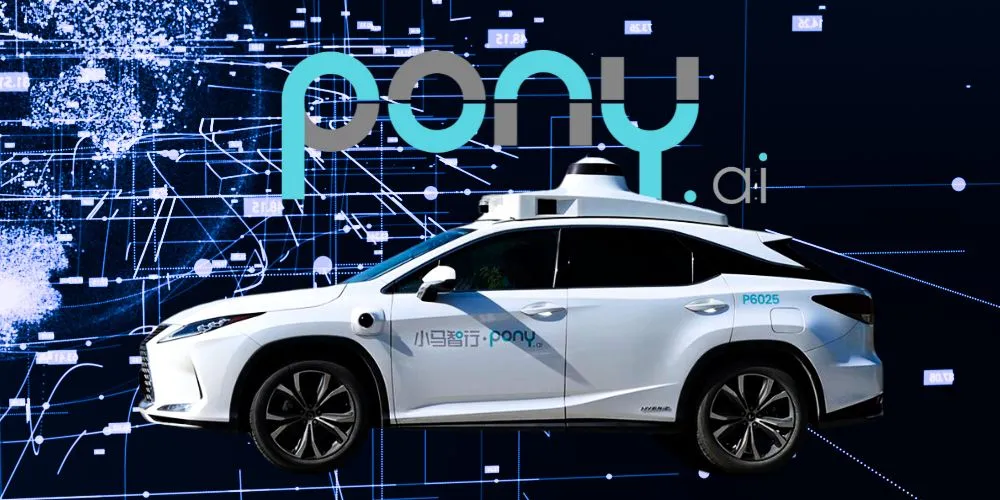Key Points
- Pony AI raised $260 million in its U.S. IPO, valuing the company at $4.55 billion. An additional $153.4 million was raised through private placement.
- The startup’s valuation has fallen from $8.5 billion two years ago. The company faces competition, public skepticism, and data privacy concerns.
- Improved U.S.-China regulatory relations have enabled smoother IPO processes.
- Analysts expect robotaxi adoption to take years, but China leads in trial approvals.
Pony AI, a leading Chinese robotaxi startup, announced on Wednesday that it raised $260 million in its U.S. initial public offering (IPO), valuing the company at approximately $4.55 billion. This milestone marks Pony AI as the latest Chinese firm to capitalize on renewed investor confidence in U.S. markets, particularly within the competitive autonomous driving sector.
The IPO involved the sale of 20 million American depositary shares at $13 each. Additionally, Pony AI secured $153.4 million through a concurrent private placement. Despite this successful fundraising, the company’s valuation has dropped from its $8.5 billion peak two years ago.
This IPO is a litmus test for investor sentiment toward Chinese companies amidst ongoing U.S.-China tensions. As the two nations vie for dominance in autonomous driving technology, Pony AI’s performance may shape future investments in similar ventures.
The regulatory environment for Chinese firms listing in the U.S. has also shown improvement. Beijing’s resolution of a prolonged audit dispute with the U.S. accounting watchdog in late 2022 has paved the way for smoother listings. Other Chinese tech companies, including EV maker Zeekr and self-driving tech firm WeRide, went public in the U.S. earlier this year.
However, Pony AI faces significant challenges. Public skepticism about autonomous vehicles, concerns over data privacy, and stiff competition from global players like Tesla complicate the landscape. Tesla, for example, has announced plans to introduce driverless ride-hailing services in California and Texas in 2025, intensifying the race for market dominance.
Pony AI has indicated that its U.S. operations will remain limited for now. Given ongoing safety and reliability hurdles, analysts predict widespread adoption of robotaxis may still take years. In this context, China appears to be progressing faster than the U.S. in approving trials for autonomous vehicles.
Despite being backed by Toyota Motors, Pony AI remains unprofitable as it focuses on scaling its operations and advancing its technology. The company is set to begin trading on the Nasdaq later on Wednesday, and its performance will be closely watched as a barometer for the autonomous driving industry.












